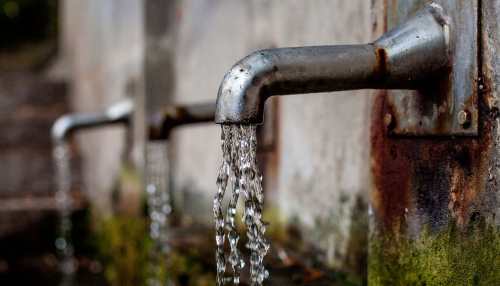- News>
- India
Licensed water trolleys in north Delhi found `violating` health norms

Generally parked on pavements or other public places, these facilities cater to people, especially the lower-income group in quenching their thirst.
NEW DELHI: Over 500 licensed water trolleys were seized in north Delhi after samples taken from them were found unfit for consumption, the NDMC said on Thursday.
There are 1,623 such trolleys which have been issued a license by the North Delhi Municipal Corporation (NDMC) and they charge Rs 2 for a glass of water.
Generally parked on pavements or other public places, these facilities cater to people, especially the lower-income group in quenching their thirst.
The information was provided by the civic body in response to questions asked by standing committee member and senior Congress leader Mukesh Goel on Wednesday during a special meeting of the committee called to discuss preparations for tackling water-borne diseases in the monsoon season.
Civic body officials check the chlorine content of water during inspection of the trollies. According to the World Health Organisation (WHO), maximum amount of chlorine allowed in drinking water is 5 mg/l.
These water samples were tested this year starting January 1 and the trolleys were seized by the authorities after they were found in violation of norms, the NDMC said.
"The Health Department has tested samples from 572 trolleys so far and the water has been found unfit for consumption," Goel said.
"No strict actions have been taken against the owners of these trolleys and just let off after slapping a fine. They have not even ensured that in future these trolleys serve clean drinking water," he alleged.
Goel also sought to link the findings to cases of water-borne diseases in the capital.
Areas under the north corporation have reported 378 cases of diarrhea and 89 of cholera this year till July. And, 3,293 cases of diarrhea and 717 cases of cholera have been reported since 2015.
Goel also demanded that beds in Hindu Rao Hospital earmarked for patients of dengue, malaria and chikungunya, be increased, and provisions be made for life-saving drugs, anti-rabies vaccines and Yellow Fever injection.
